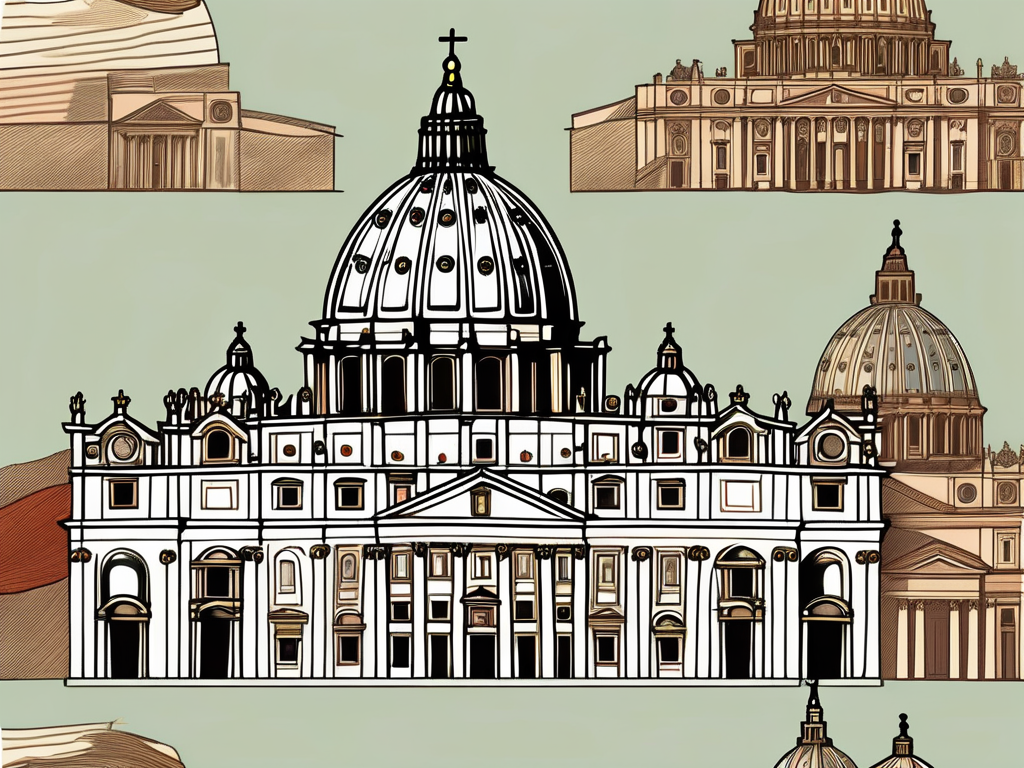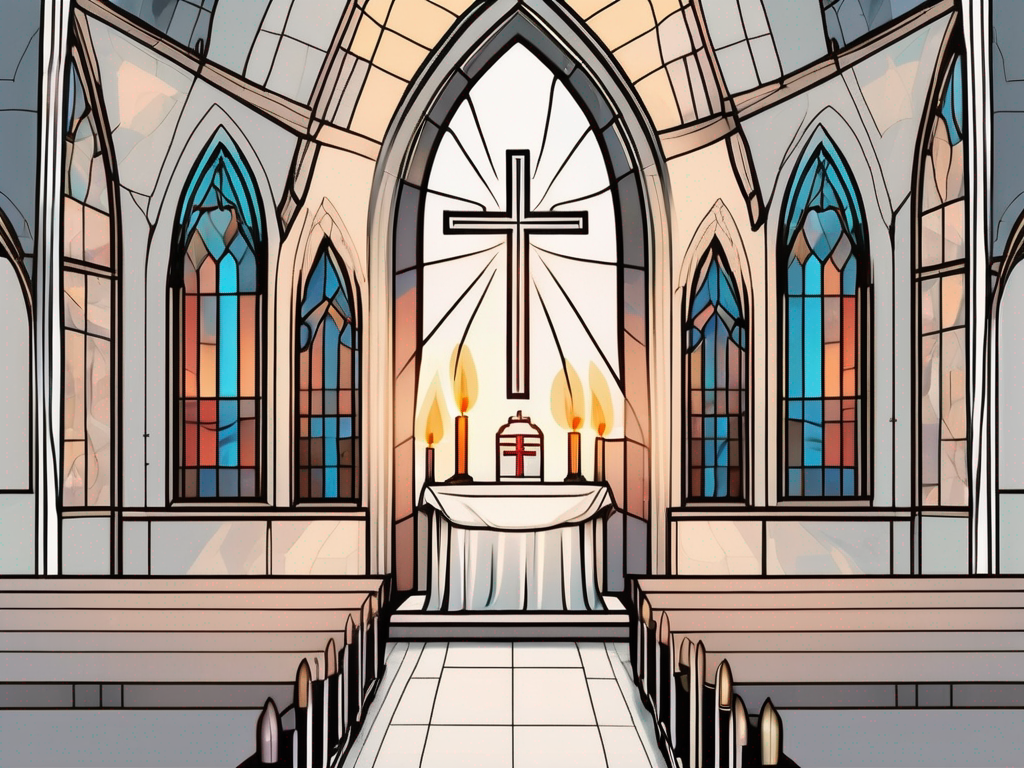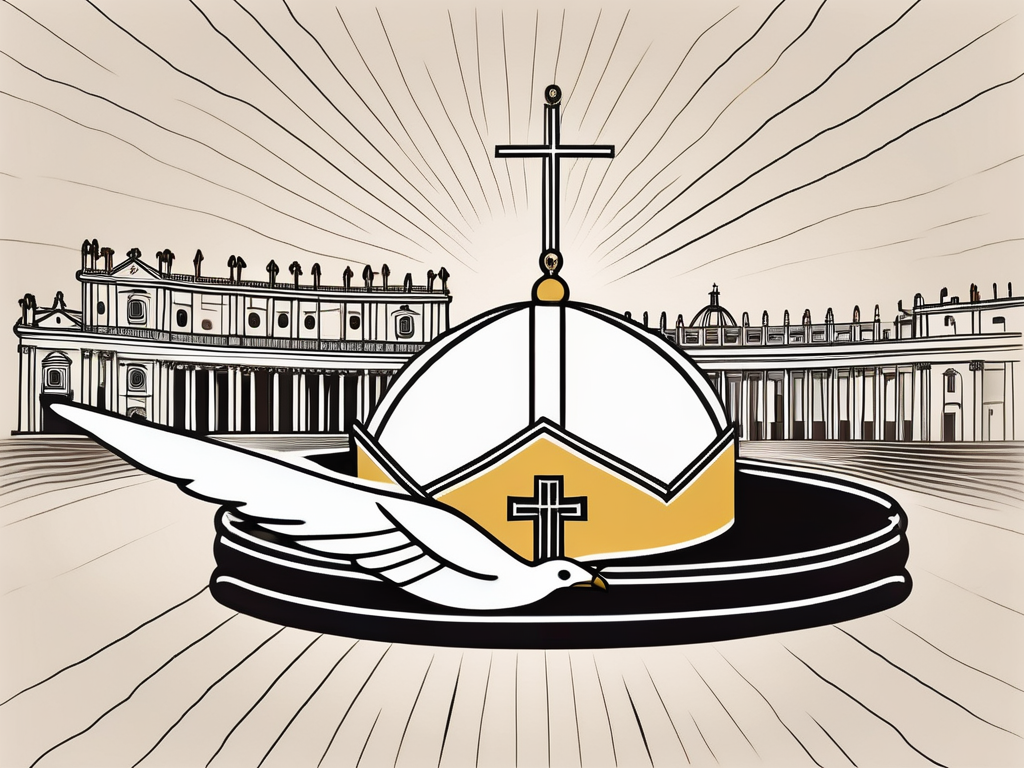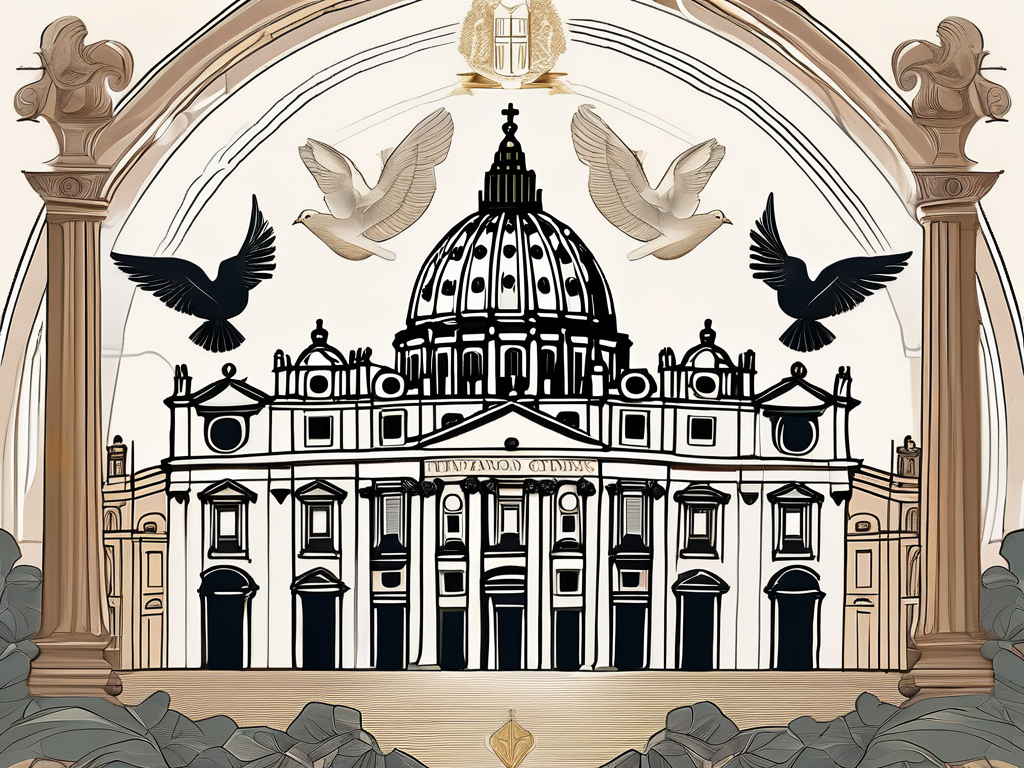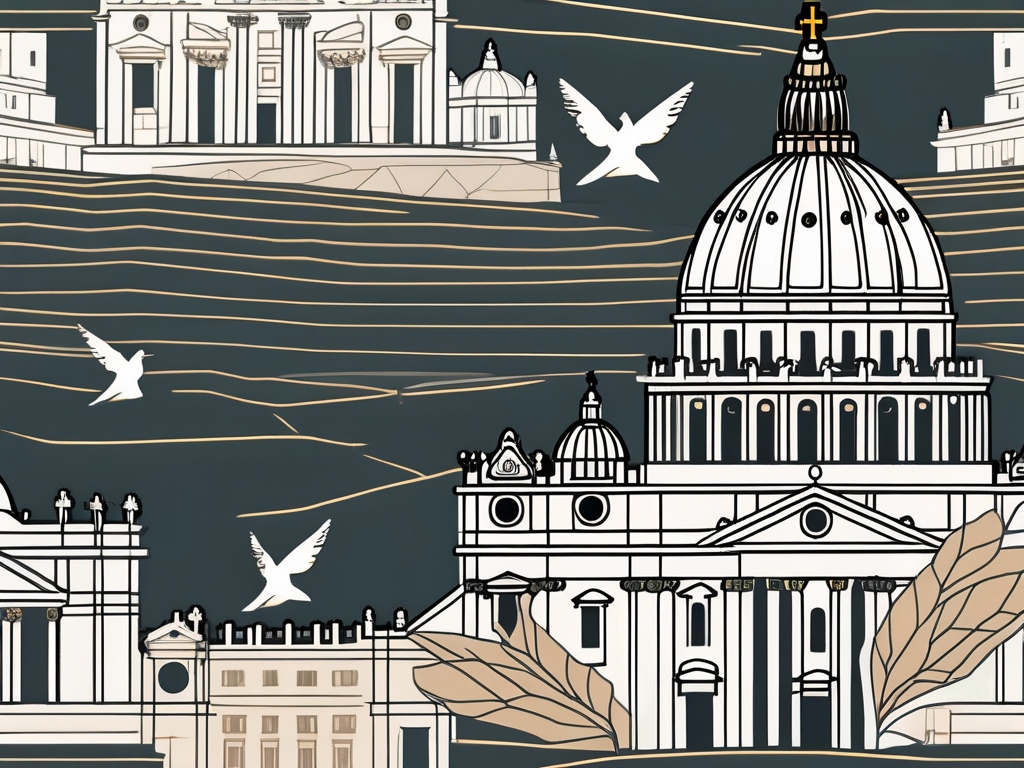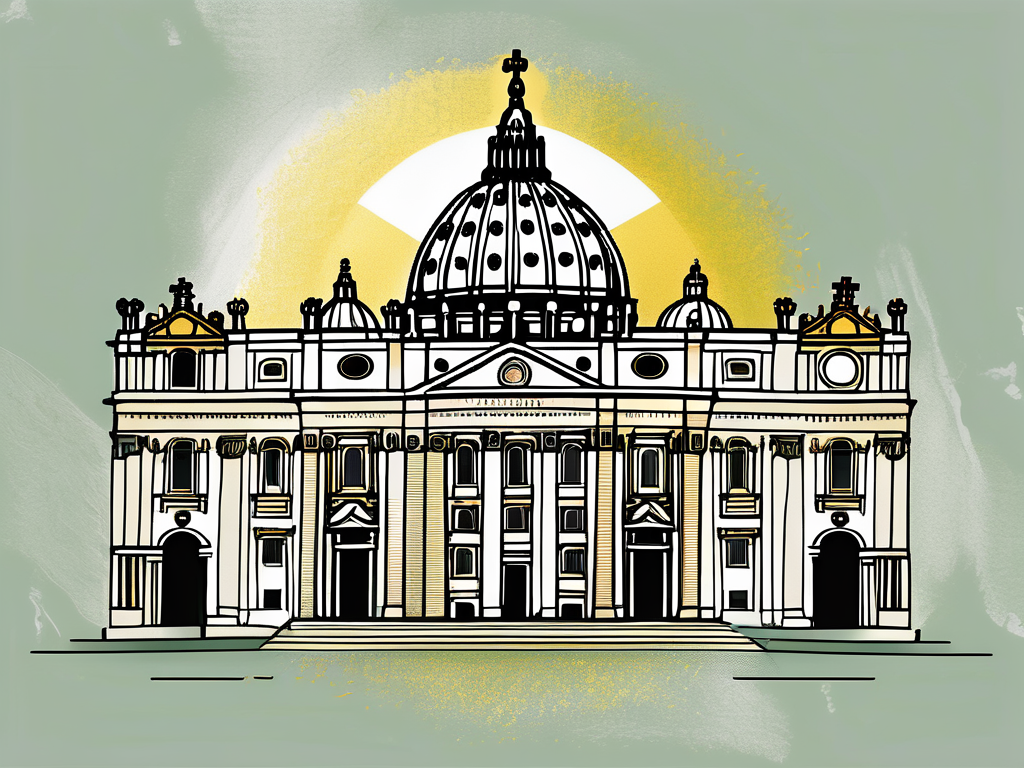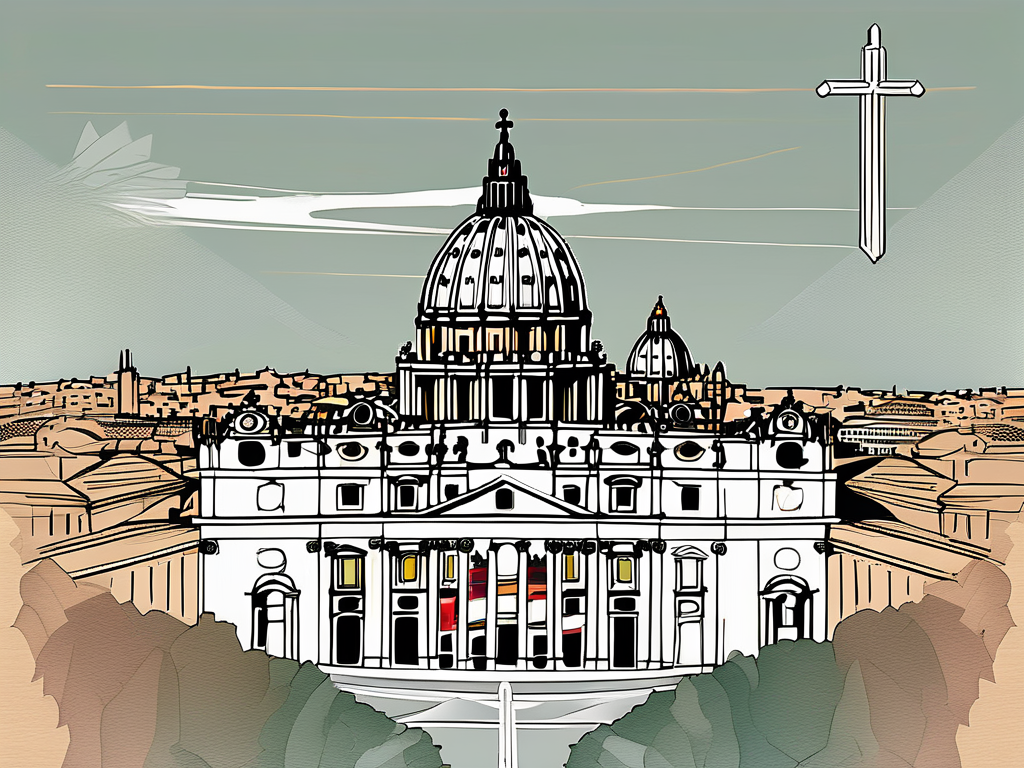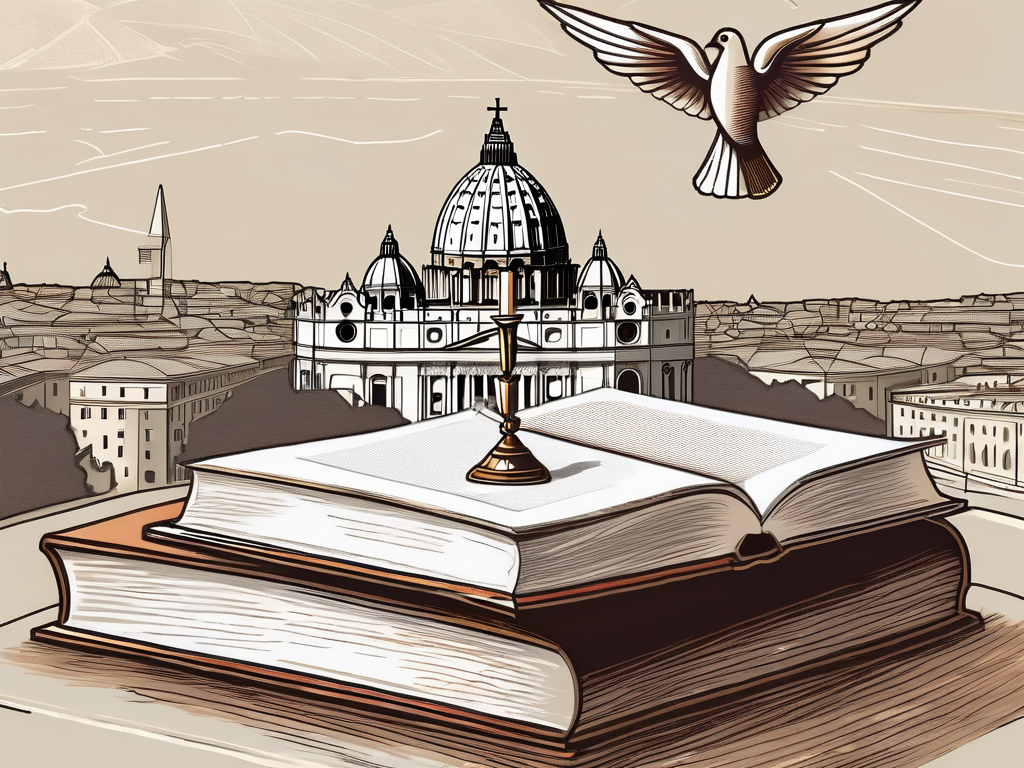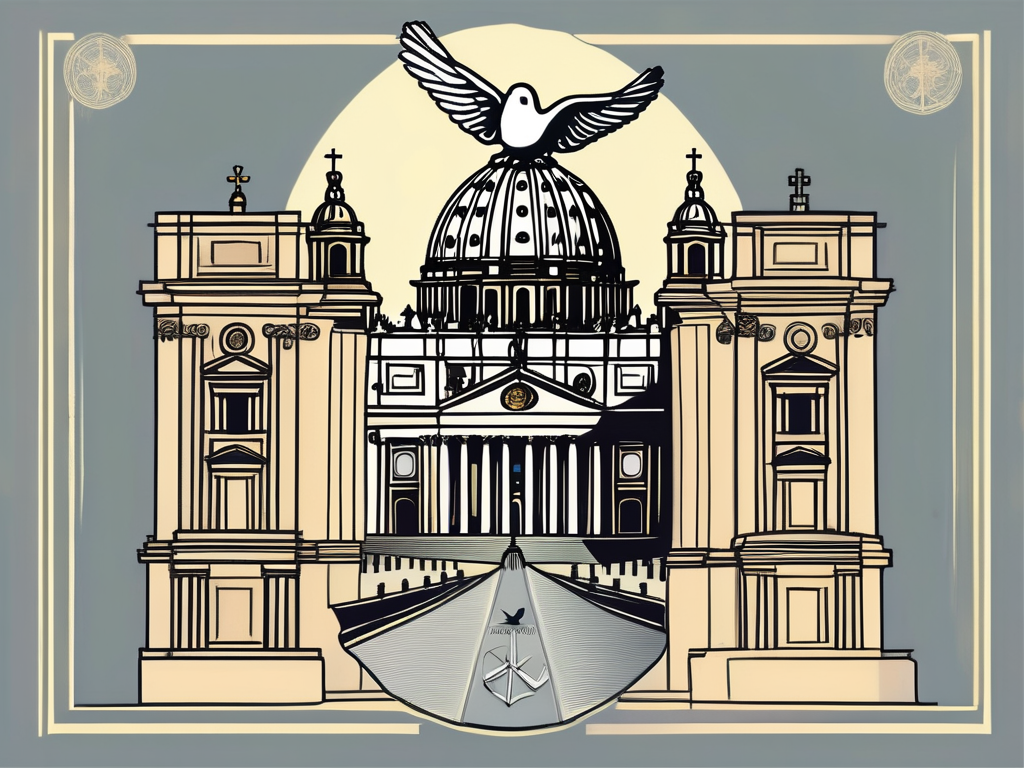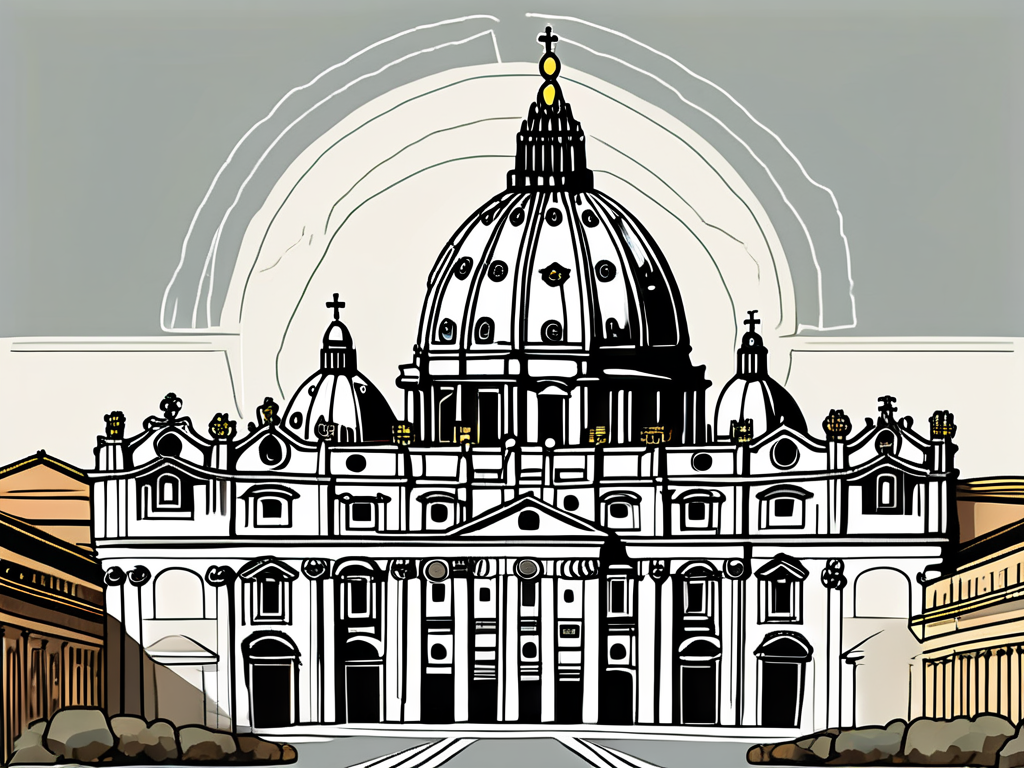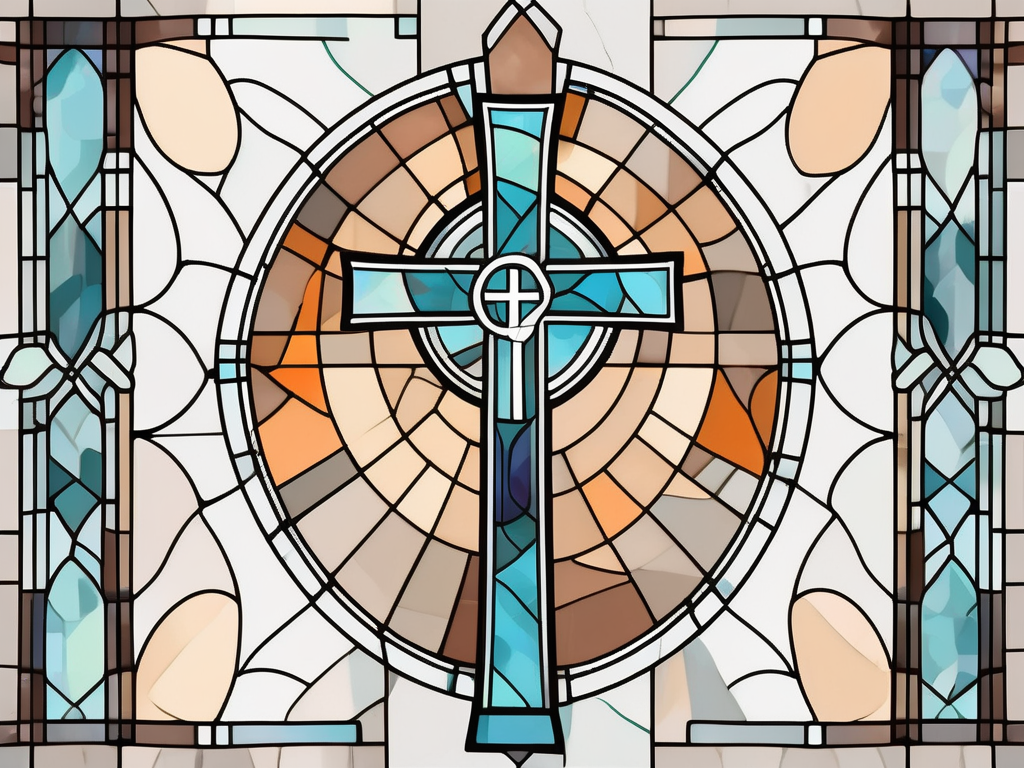Pope Gregory III, born in the 8th century, left a lasting impact on the Catholic Church through his leadership and contributions. His early life and education set the foundation for his future accomplishments.
Early Life and Education of Pope Gregory III
Birth and Family Background
Gregory III was born into a devout family with a long tradition of service to the Church. His parents, devout Catholics themselves, were known for their unwavering faith and commitment to the teachings of Christ. They instilled in young Gregory a strong moral compass and a deep understanding of the Catholic faith.
As a child, Gregory III grew up in a loving and supportive environment. His parents, recognizing his potential, nurtured his natural empathy and compassion towards others. They taught him the importance of kindness, generosity, and humility, values that would shape his character and guide his future endeavors.
Education and Religious Training
From an early age, Gregory III displayed a keen interest in learning. His thirst for knowledge was insatiable, and he eagerly absorbed everything he could about the world around him. Recognizing his intellectual curiosity, his parents ensured that he received a comprehensive education.
Gregory III’s education encompassed a wide range of disciplines, including theology, philosophy, and canon law. He studied under renowned scholars and religious leaders, who recognized his exceptional intellect and dedication. They guided him in his pursuit of knowledge, helping him delve deeper into the intricacies of Catholic doctrine and Church governance.
Throughout his education, Gregory III’s unwavering faith served as a guiding light. He approached his studies with a deep sense of reverence, understanding that his intellectual pursuits were not separate from his spiritual journey but rather intertwined with it. His education not only expanded his intellectual horizons but also deepened his understanding of his faith.
As Gregory III grew older, his reputation as a learned and devout young man spread throughout the Church. His commitment to his studies and his unwavering faith earned him the respect and admiration of his peers and mentors alike. Little did he know that his education and religious training were preparing him for a future role that would shape the course of history.
Ascension to Papacy
Election and Consecration
Upon the passing of his predecessor, Gregory III was elected as the 89th pope of the Catholic Church. His election was met with widespread approval, as his reputation for piety and wisdom preceded him. The ceremony of consecration was a momentous occasion, signifying his commitment to guiding the faithful and fostering unity within the Church.
As the news of Gregory III’s election spread, the faithful rejoiced, eagerly anticipating the guidance and leadership he would provide. People from all walks of life flocked to Rome, eager to witness the historic event. The streets were adorned with colorful banners and flowers, creating an atmosphere of joy and celebration.
The day of the consecration arrived, and the grandeur of St. Peter’s Basilica was unmatched. The air was filled with a sense of reverence and anticipation. Cardinals, bishops, and clergy from around the world gathered to witness the anointing of the new pontiff. The ceremony was conducted with meticulous precision, every step steeped in tradition and symbolism.
Gregory III, clad in the traditional papal vestments, knelt before the altar, his hands clasped in prayer. The cardinals, dressed in their scarlet robes, approached one by one, each placing their hands on his head, invoking the blessings of the Holy Spirit. The choir’s angelic voices resonated through the vast basilica, filling the hearts of all present with a profound sense of awe.
Challenges Faced During Ascension
Assuming the papacy was not without its challenges for Gregory III. As he took the helm, the Church faced numerous external threats and internal divisions. Gregory III recognized the need for immediate action to address these pressing issues.
The world was in a state of turmoil, with political unrest and conflicts plaguing nations far and wide. The Church, being a moral compass for many, found itself caught in the crossfire of power struggles and ideological clashes. Gregory III understood the importance of maintaining the Church’s independence and integrity amidst these turbulent times.
Furthermore, internal divisions within the Church posed a significant challenge. Different factions held contrasting views on matters of doctrine and practice, threatening to fracture the unity of the faithful. Gregory III, with his keen intellect and deep understanding of theology, knew that it was crucial to find common ground and foster dialogue among the various groups.
With determination and resolve, he embarked on a journey towards reform, seeking to strengthen the Church’s foundation and protect its core values. His steadfast leadership and unwavering faith served as a beacon of hope during troubled times.
Gregory III tirelessly traveled across the Catholic world, meeting with bishops, clergy, and laypeople, listening to their concerns and offering guidance. He convened synods and councils, encouraging open discussions and debates, with the aim of finding consensus and unity. His humility and genuine concern for the well-being of the Church endeared him to many, earning him the respect and admiration of both clergy and laity.
Under his guidance, the Church implemented measures to address the external threats it faced. Gregory III strengthened diplomatic ties with other nations, seeking peaceful resolutions to conflicts and promoting dialogue as a means of resolving disputes. He also emphasized the importance of education and intellectual engagement, encouraging scholars and theologians to deepen their understanding of the faith and engage with the world around them.
Throughout his papacy, Gregory III remained steadfast in his commitment to the teachings of Christ and the well-being of the Church. His legacy as a compassionate and wise leader continues to inspire generations of faithful, reminding them of the importance of unity, dialogue, and unwavering faith in the face of adversity.
Contributions to the Church
Reforms and Policies
Gregory III implemented a series of important reforms and policies during his pontificate. He sought to uphold the sanctity of the Church while adapting to the changing times. His reforms aimed to address corruption, promote transparency, and foster a stronger spiritual connection among the clergy and laity alike.
Furthermore, he emphasized the importance of social justice, calling for the fair treatment of all individuals, regardless of their societal standing. Gregory III believed that the Church had a crucial role to play in creating a more equitable and compassionate society.
Architectural Contributions
In addition to his spiritual and administrative endeavors, Pope Gregory III made notable architectural contributions to the Church. He commissioned the construction of several churches and monastic structures, blending elements of Roman, Byzantine, and traditional Christian architecture to create awe-inspiring places of worship.
These magnificent buildings served not only as symbols of faith but also as spaces where believers could gather and find solace. Gregory III understood the power of architecture to inspire devotion and capture the essence of the Church’s teachings.
Relationships with Other Nations
Diplomatic Endeavors
Pope Gregory III was a skilled diplomat, dedicated to fostering positive relationships with other nations. He engaged in dialogue and negotiations, seeking peaceful resolutions to conflicts whenever possible. His diplomatic efforts helped mitigate tensions and promote understanding among nations.
Recognizing the importance of unity within the Christian world, Gregory III reached out to other Christian leaders, solidifying alliances and promoting cooperation. His tireless efforts to bridge divides fostered a sense of harmony among diverse communities.
Conflicts and Resolutions
Despite his best efforts, Pope Gregory III faced various conflicts during his pontificate. These conflicts posed challenges to his diplomatic endeavors and strained the relationships between the Church and other nations.
However, Gregory III navigated these difficulties with grace and humility. With his astute diplomatic skills and unwavering faith, he sought common ground and worked towards peaceful resolutions, ensuring that the Church’s message of love and understanding prevailed.
Controversies and Criticisms
Disputes within the Church
Like many influential figures, Pope Gregory III was not without his critics. Throughout his papacy, he faced internal disputes within the Church, often stemming from conflicting interpretations of doctrine and ecclesiastical practices.
Despite the challenges posed by these controversies, Gregory III approached them with compassion and a commitment to fostering unity. He encouraged open dialogue and sought to find common ground, emphasizing the importance of valuing diverse opinions while maintaining a shared sense of purpose.
Public Perception and Criticisms
Outside the Church, Gregory III faced public perception and criticisms that were often influenced by political and societal circumstances of the time. Some critics accused him of being too lenient, while others deemed him overly strict in his interpretations of Church teachings.
Nevertheless, Pope Gregory III remained steadfast in his convictions, prioritizing his duty to guide the faithful and uphold the fundamental principles of the Catholic faith. His unwavering commitment to both the Church and its followers left an indelible mark on the Catholic community.
The Enduring Legacy of Pope Gregory III
Pope Gregory III’s life and legacy exemplify the power of leadership grounded in faith and compassion. His unwavering commitment to the Catholic Church, coupled with his numerous contributions and reforms, continue to influence the Church to this day.
His architectural endeavors and diplomatic achievements serve as a testament to his ability to unite disparate communities and foster understanding among nations. Despite facing challenges and criticisms, Gregory III’s dedication to the Church and unwavering determination to uphold its values made him a revered figure during his time and beyond.
Pope Gregory III reminds us of the enduring power of leadership guided by principles, compassion, and a profound sense of faith. His legacy endures as a source of inspiration, encouraging us to embrace unity and work towards a more just and inclusive society.
